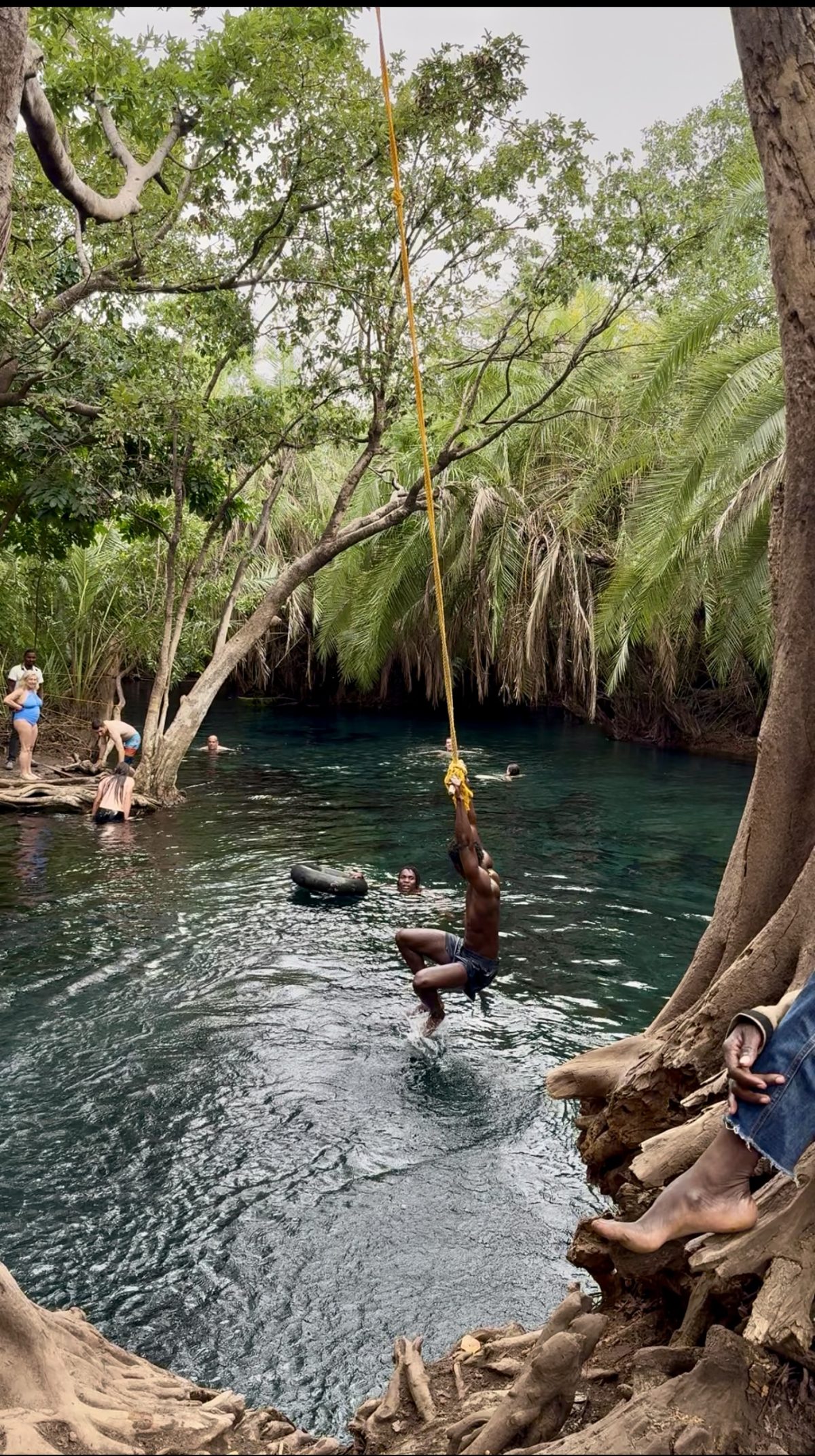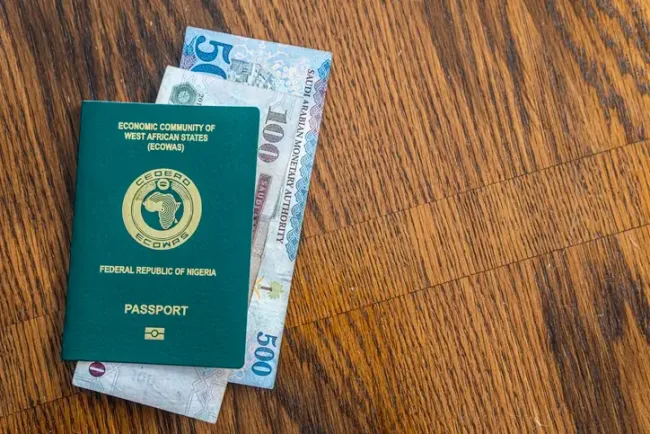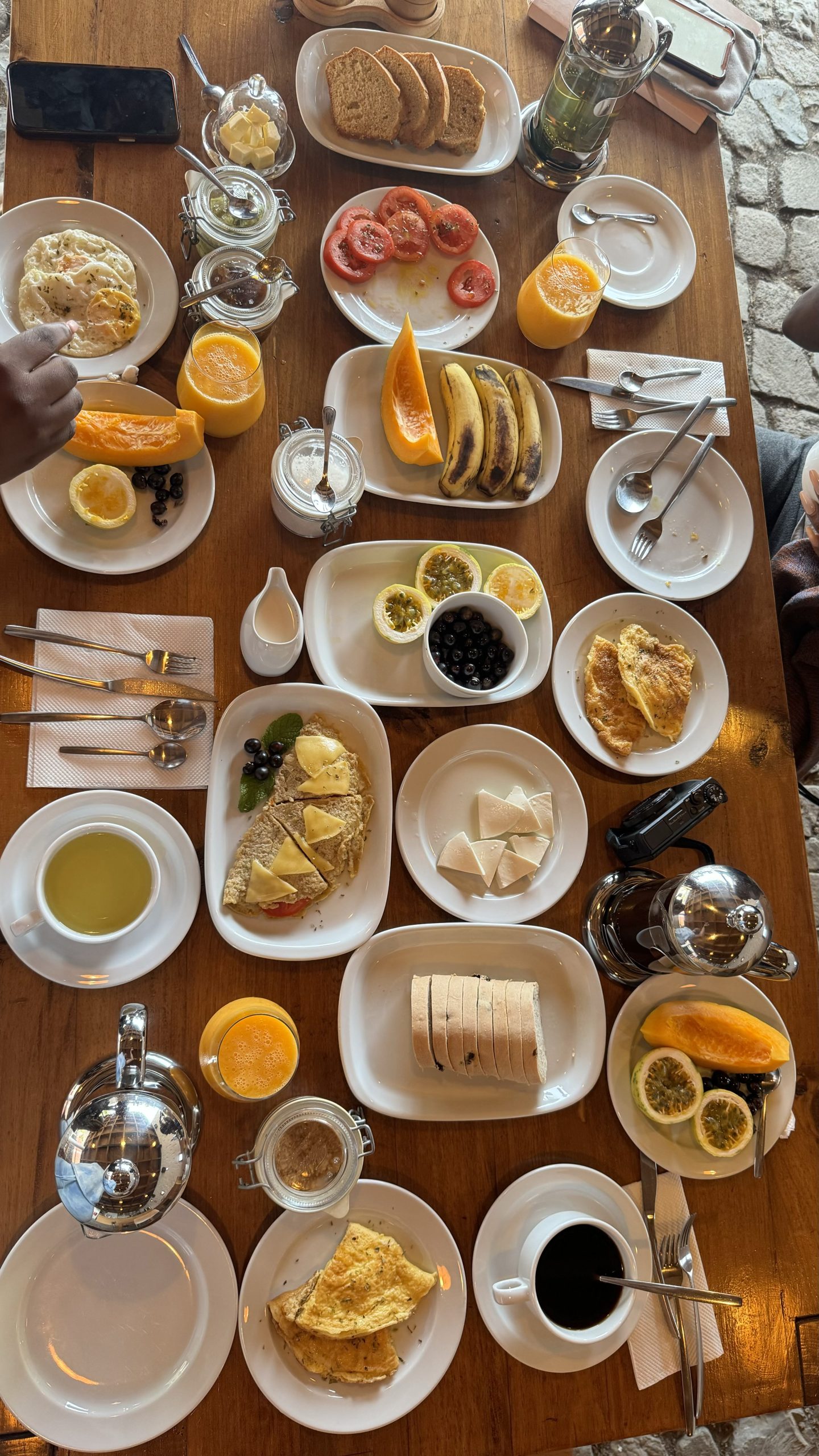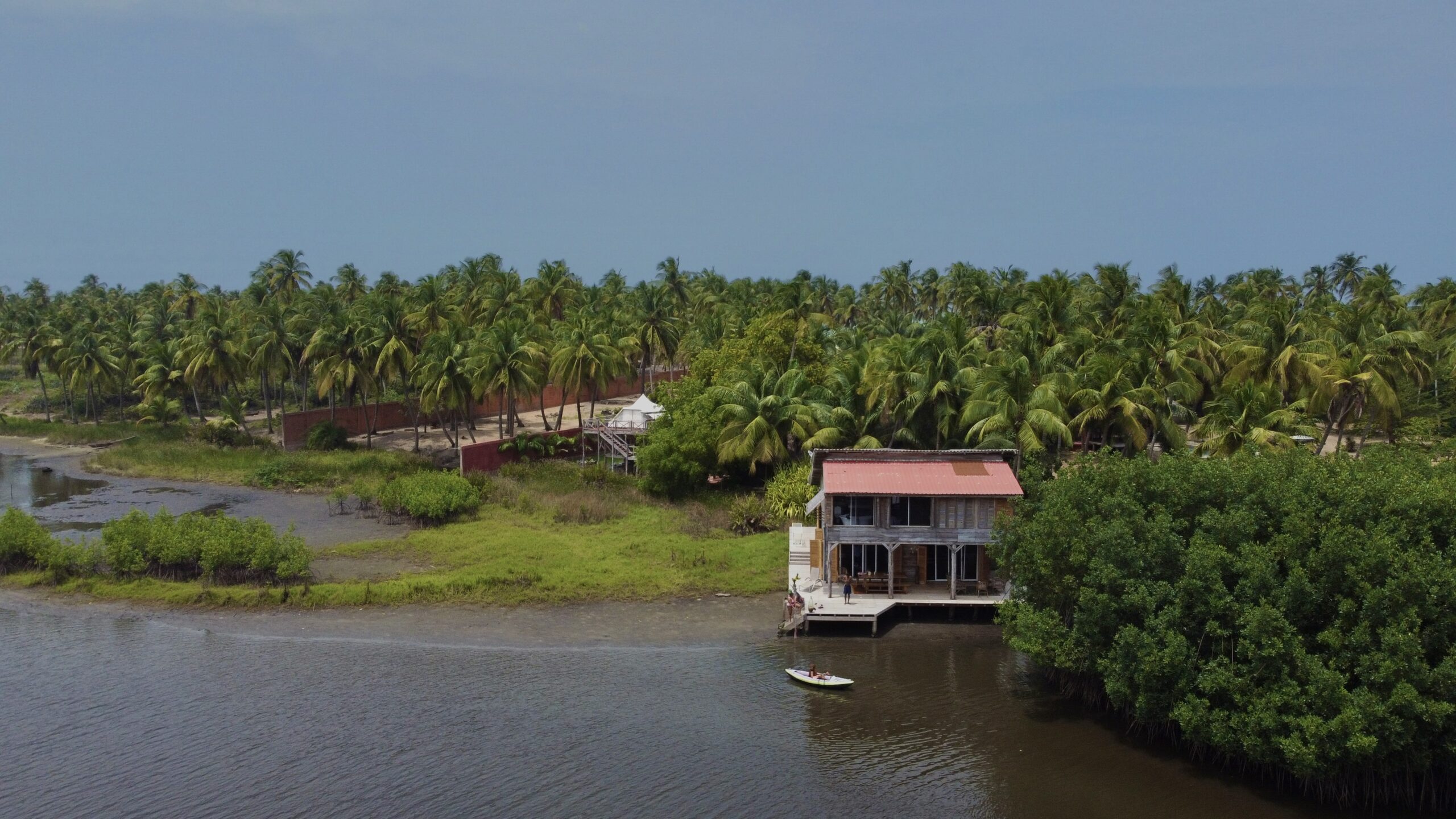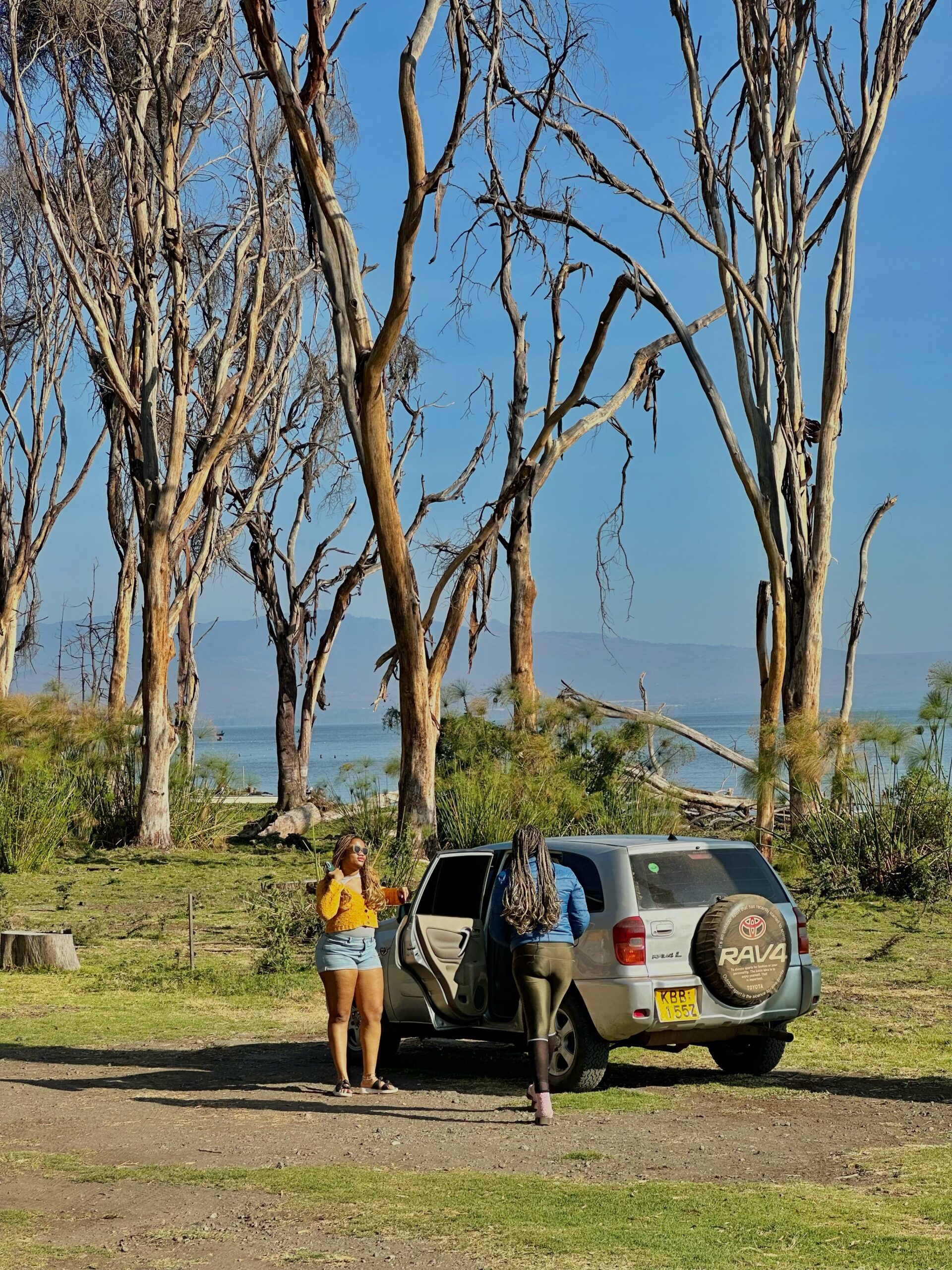Your cart is currently empty!
Tag: Travel
What To Do In Arusha, Tanzania: A Travel Guide
Arusha is the gateway to Tanzania’s northern safari circuit and a destination worth exploring on its own. The city offers stunning landscapes, lively markets, natural hot springs, coffee farms, and cultural experiences that give you a real sense of place. This guide shares everything you need to plan your trip—when to visit, how to get…
7 Common Mistakes to Avoid When Applying for a Visa
Applying for a visa can be an intimidating process, especially if it’s your first time navigating through the paperwork and interviews.
Countries with Easy Visas for Nigerians: Hassle-Free Destinations
Traveling as a Nigerian passport holder often comes with the extra hurdle of visa applications. If you’ve ever searched for easy visas for Nigerians, you know how frustrating it can be to find destinations that don’t require endless paperwork and long approval waits.
A Guide To Benin Republic, The City Of Bronze.
Benin Republic is a budget-friendly destination with beautiful beaches, delicious food, and a rich cultural experience. Get started here for the ultimate experience.
A Beginners Guide To Traveling Africa: Tips for Nigerian Travelers
Either you’re a speed tourist or slow traveling as a nomad, here are some tips to help travelers make the most of their trip and budget in Africa.
